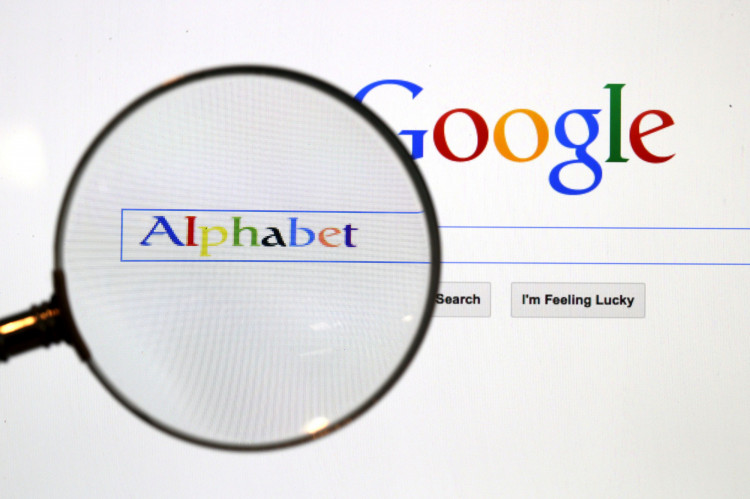A study conducted by Edith Cowan University (ECU) researchers has revealed that online symptom checkers, colloquially called "Dr. Google," are only accurate about a third of the time.
A lot of people find themselves turning to Dr. Google in an attempt to self-diagnose their health symptoms, but it has been found that online symptom checkers are most of the time inaccurate. ECU's research has since been published in the Medical Journal of Australia.
Researchers had analyzed 36 international web-based and mobile symptom checkers and found they only produced the correct diagnosis as the first result just 36% of the time and an average of 50% accuracy within the top three results.
Michella Hill, the study's lead author and a Master's student at ECU, said that the findings of the research should point people where to go for correct diagnosis.
"While it may be tempting to use these tools to find out what may be causing your symptoms, most of the time they are unreliable at best and can be dangerous at worst," Hill wrote in the paper.
Online symptom checkers found on Google usually ask users to list their symptoms so they can churn out diagnoses. However, it should be noted that those who are unsure of their medical issue must always consult a medical professional first more than anything.
Hill also points out online symptom checkers may only provide people with a false sense of security, especially those who lack health knowledge. But the study's lead author believes that online tools can be used in the modern health system once properly improved.
Online symptom checkers can never replace doctors, that's for sure, but they can be useful in terms of providing information regarding symptoms and not diagnoses.
Hill also sees the potential of online symptoms checkers as an essential tool in this current health crisis, especially that COVID-19 has revealed that the world is lacking healthcare professionals. But as mentioned, such a system should be developed further in order to make the results accurate.
The lack of regulation in online content is apparently the issue behind the quality of online symptom checkers. Dr. Google's results must always be validated, but there's a lack of data as to how these sites are getting their data.
This is not to say that you should avoid using Google for information purposes, but do keep in mind that not everything on the internet has truth to it. We're also living in a world where misinformation has become too much of a problem for tech companies, so should you need medical assistance, opt for a doctor.






